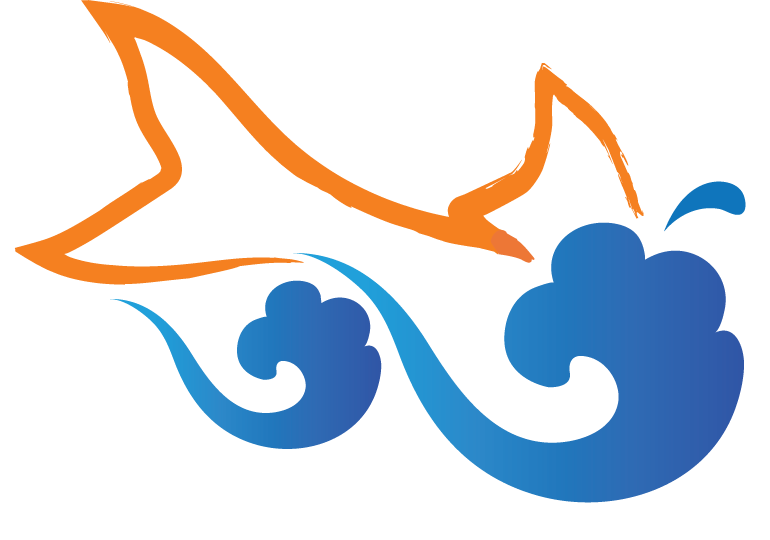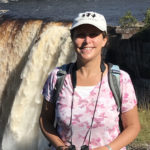Keynote Speakers
Biodiversity Specialist, International Finance Corporation, World Bank Group
Dr. Leeanne E. Alonso is a Biodiversity Consultant to the International Finance Corporation (IFC), the private lending arm of the World Bank, where she advises private sector companies on mitigation of impacts of their development projects on the natural environment. She works on hydropower projects in Asia and Africa, particularly with the Mahseer in Pakistan and Nepal, where she and her IFC Hydro Advisory colleagues are approaching biodiversity management at a basin-wide scale in order to bring together private sector developers, government, NGOs and international lenders to reduce cumulative impacts. Leeanne has a PhD in Biology from Harvard University and over 25 years of experience working in the biodiversity conservation field, particularly in the tropics. As the Director of the Rapid Assessment Program (RAP) at Conservation International from 1998–2011, and Director of Global Wildlife Conservation’s Global Biodiversity Exploration Program from 2012–2015, Leeanne has coordinated and led more than 45 biodiversity field surveys around the world in terrestrial and freshwater habitats. While her background is in terrestrial ecology (in particular, ants), Leeanne is expanding her knowledge of fish migration, fish passages and fish monitoring so that she can guide IFC hydropower clients toward better management of their impacts on aquatic ecosystems.
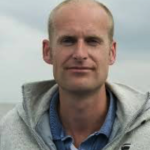 Arjan Berkhuysen
Arjan Berkhuysen
Managing Director, World Fish Migration Foundation, Groningen, Netherlands
Arjan is passionate about people and nature. He believes man is part of nature, and he likes to work toward a future where man and nature coincide. Arjan has worked as head of the water programme of WWF Netherlands, where he focused on restoration and protection of estuaries worldwide. He has worked in the Netherlands restoring natural dynamics in the delta to bring back the sturgeon in the Netherlands. Arjan has served as director of the Waddenvereniging, a Dutch NGO protecting the UNESCO World heritage Waddensea. Together with the local population, the Waddenvereniging managed to stop gas exploration plans in the area, and Arjan successfully lobbied for changing the governance of the area. Arjan is particularly proud to have started the innovative Fish Migration River Project on the lower Rhine, with the goal of restoring the great and crucial Rhine Swimway routes. This project made him so enthusiastic on the issue of fish migration that he did not hesitate when he was asked to work for the World Fish Migration Foundation, where he now serves as Managing Director.
 Dr. Steven Cooke
Dr. Steven Cooke
Professor of Fish Ecology and Conservation Physiology and Canada Research Chair,
Institute of Environmental Science and Department of Biology, Carleton University (Canada)
Dr. Steven J. Cooke's research covers many disciplines in the areas of fish ecology, physiology, and behaviour, as well as research in human dimensions, knowledge mobilization, and policy. In 2015, he founded the Canadian Centre for Evidence-Based Conservation, which synthesizes information for policy makers. His research findings (600+ peer-reviewed publications) have ranged from fish passage solutions and habitat restoration activities, to addressing issues related to fish and turtle bycatch and innovations in recreational fisheries management. He has worked diligently to raise the profile of inland fish and fisheries to resource development globally. Steve’s hard work in creative approaches in science and his ability to engage in partnership research has been recognized with several awards, including the Roderick Haig-Brown Award, the Latornell Leadership Award, NSERC E.W.R. Steacie Award (given to the top six under-40 Canadian scientists), and elected into the College of the Royal Society of Canada. Steve is an active member of the American Fisheries Society and is currently serving as President of the International Fisheries Section.
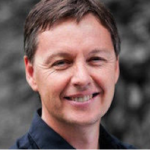
Stuart Orr
Leader of WWF Freshwater Team, World Wildlife International, Switzerland
Stuart Orr is the Leader of WWF’s Freshwater Practice, driving the freshwater strategy of the world’s largest independent conservation organization. A global authority on water stewardship, Stuart has spent the past decade devising and testing innovative approaches to freshwater conservation at WWF by engaging business and finance, and focusing on emerging themes such as the water-food-energy nexus, economic incentives and water-related risk. He has written numerous scientific papers and mainstream publications on issues ranging from corporate water governance to fish protein in the Mekong. Stuart has also sat on various advisory panels and boards, including the World Economic Forum’s Water Security Council and the IFC’s Infrastructure & Natural Resources Advisory Steering Committee.
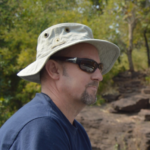
Adrian C. Pinder
Bournemouth University (UK) and Director of Research at Mahseer Trust
Adrian Pinder is a UK-based fisheries scientist with a career extending over 30 years. During this period, he has spent 20 years under the employment of the UK Government’s Centre for Ecology and Hydrology, prior to joining Bournemouth University where he currently heads "BU Global Environmental Solutions (BUG)," a research consultancy specializing in fishery investigations and the development of sustainable environmental solutions throughout the UK and abroad. It was a lifelong passion for angling that first led Adrian to South India’s River Cauvery in search of the mighty hump-backed mahseer, a legendary fish that had been luring him to the subcontinent since first seeing pictures of this fish as a young boy. Since returning from his first trip in 2010, Adrian has served in a voluntary capacity as a Director and Trustee of the Mahseer Trust, an NGO he established to coordinate an international scientific effort to conserve some of South and Southeast Asia’s most threatened fish species. On behalf of the Mahseer Trust and Bournemouth University, Adrian has traveled throughout India and hosted a number of international conferences and workshops. He has published extensively on a range of studies, from resolving the taxonomy of the genus Tor, to the utility of angler data to define population trends, to the imminent extinction threat to South India’s hump-backed mahseer.
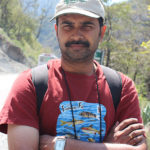
Dr. Rajeev Raghavan
Kerala University of Fisheries and Ocean Studies (Kochi, India) & IUCN Freshwater Fish Specialist Group
Rajeev Raghavan is an Assistant Professor at the Department of Fisheries Resource Management, Kerala University of Fisheries and Ocean Studies (KUFOS), Kochi, India. Over the last 15 years, Rajeev has been involved in interdisciplinary research that generates information for conservation decision making in tropical aquatic ecosystems, with particular focus on the Western Ghats Biodiversity Hotspot. His work cuts across multiple disciplines from taxonomy to evolutionary biogeography, inland fisheries management and conservation policies, and ranges from local to global scales. Closely involved with the work of the IUCN’s Species Survival Commission (IUCN-SSC), Rajeev wears multiple hats, including that of the "South Asia Coordinator" of the IUCN-Freshwater Fish Specialist Group and IUCNs "Freshwater Fish Red List Authority Coordinator" for the regions of Southern, Northern, Eastern Asia and Oceania. In addition, he is also a member of the IUCN SSC/WCPA Joint Task Force on Biodiversity and Protected Areas, the WCPA-Freshwater Specialist Group, and the IUCN Conservation Planning Specialist Group. Rajeev has over 125 publications in peer-reviewed literature, several of them on mahseer conservation.
